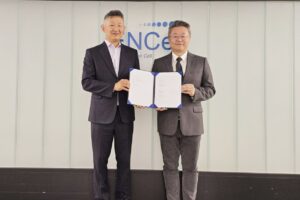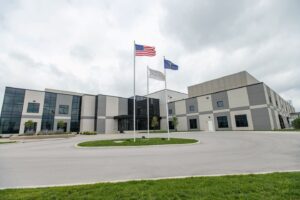LEO Pharma, a Danish firm focused on developing drugs for dermatologic and thrombotic patients, has agreed to acquire the global prescription dermatology business of Bayer for an undisclosed price.

Image: Bayer to sell its prescription dermatology brands to LEO Pharma. Photo: courtesy of Bayer.
Subscribe to our email newsletter
Included in the acquisition are branded topical prescription treatments for acne, fungal skin infections and rosacea, along with a variety of topical steroids, which had an annual turnover of over €280m in 2017.
The prescription treatment brands that will be acquired by LEO Pharma include Skinoren for acne, Travogen and Travocort for fungal skin infections, Finacea for rosacea along with topical steroids like Advantan, Nerisona, and Desonate.
The products are expected to add complementary treatment areas for the Danish pharma company apart from bolstering its existing business worldwide, enabling it to more than double sales in certain markets.
LEO Pharma president and CEO Gitte Aabo said: “With the strong prescription dermatology brands and the new colleagues from Bayer, LEO Pharma advances significantly towards our goal of helping 125 million patients by 2025.
“We will broaden our treatment range and considerably enhance our size in key markets around the world – underlining our ambition to be a preferred partner in medical dermatology.”
Excluded from the deal are Bayer’s over-the-counter dermatology portfolio of brands like Bepanthen, Canesten and others.
LEO Pharma will buy the worldwide product rights with the exception for Afghanistan and Pakistan of the Bayer’s global prescription dermatology products.
Bayer board of management member and consumer health president Heiko Schipper said: “With the dedicated support of many employees to whom we are grateful, our prescription dermatology business has grown well since becoming part of Bayer in 2006.
“Moving forward, we believe that LEO Pharma is the right owner to grow and further develop the prescription dermatology business while enabling us to focus on building our core over-the counter brands”.
The acquisition will be subject to satisfactory meeting of customary closing conditions, including approvals from competition bodies. Based on them, it is expected to be closed this year in the US and in the second half of next year in other markets.
 Advertise With UsAdvertise on our extensive network of industry websites and newsletters.
Advertise With UsAdvertise on our extensive network of industry websites and newsletters.
 Get the PBR newsletterSign up to our free email to get all the latest PBR
news.
Get the PBR newsletterSign up to our free email to get all the latest PBR
news.

